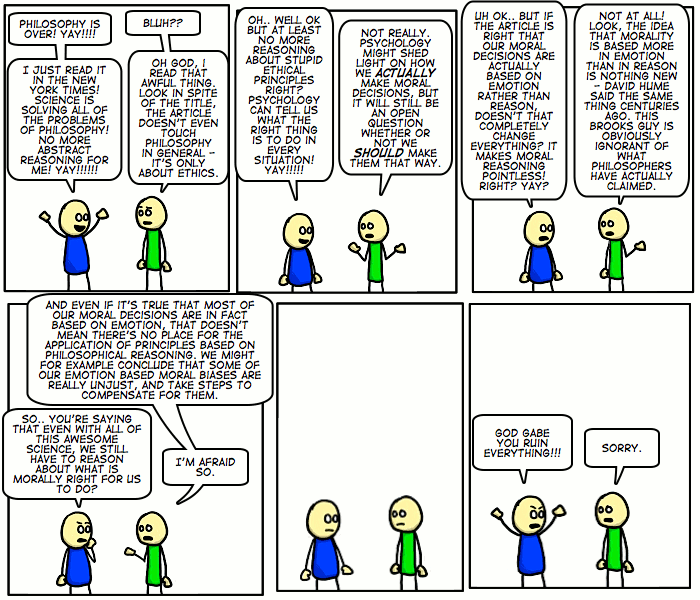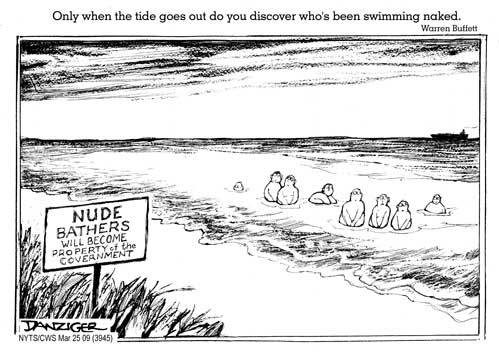This past semester I felt less like a PhD English student and more like a serious critic (and fan!) of Battlestar Galactica. This is not to say that I neglected my studies: all my papers are now done (see my comment to Adunare's last post), my GA research is finished, I completed the Graduate Program in Teaching, and I have submitted a paper to a conference. All of this - and I do mean ALL - pales in importance to the evenings and afternoons and early, early mornings I spent catching up on the past 4 seasons of this epic TV space drama.
Not only did I engage this series with all of the giddy giggling, knee-slapping joy, and loud WTFs one would expect from a Calvinist proselyte, I also brought the wisdom of Battlestar to bear on discussions in a grad seminar and a fourth year course I gave a few guest lectures in. My enthusiasm was no doubt fuelled by the sheer amount of time I spent trying to get caught up so I could watch the final 2 hour episode when it aired a few weeks ago. This involved watching all of season 4 in a raucous 24 hour marathon.
Not only does shit blow up in this series (a creational requisite for space dramas and good TV in general), but the character development is of a depth rarely achieved in this medium, and the issues dealt with are as current as today's news yet as epic as the great myths. If it sounds like I'm gushing, I am! But that is because this series is that good!
The more Battlestar I watched the more I was moved by the way its worlds mirrored our own: making me more keenly aware of human sinfulness, our dreams that literally keep us alive, the often crushing difficulty of being a leader in a difficult time, the high honor and value of bravery and sacrifice, etc.
The series as a whole makes epic the line of the Bob Dylan song that frames the final episodes: "There must be some way out of here, said the joker to the thief. There is too much confusion, I can't get no relief." The series makes the chaos of life so real that any watcher of it (especially after 24 hours straight!) ends up insisting on this same thing: there must be some way out of here. That Christianity provides a sounder answer than Balthaar does in the last episode is not surprising; but that does not make the struggle to live that "answer," especially in the midst of holocaust or disaster, any easier.
Or maybe it does...
Either way, if Admiral Adama was to become a Christian and a preacher I'd want to go to his church. So say we all.

 Pursuant to a variety of recent blog posts, last night I read John Stackhouse's book
Pursuant to a variety of recent blog posts, last night I read John Stackhouse's book 
